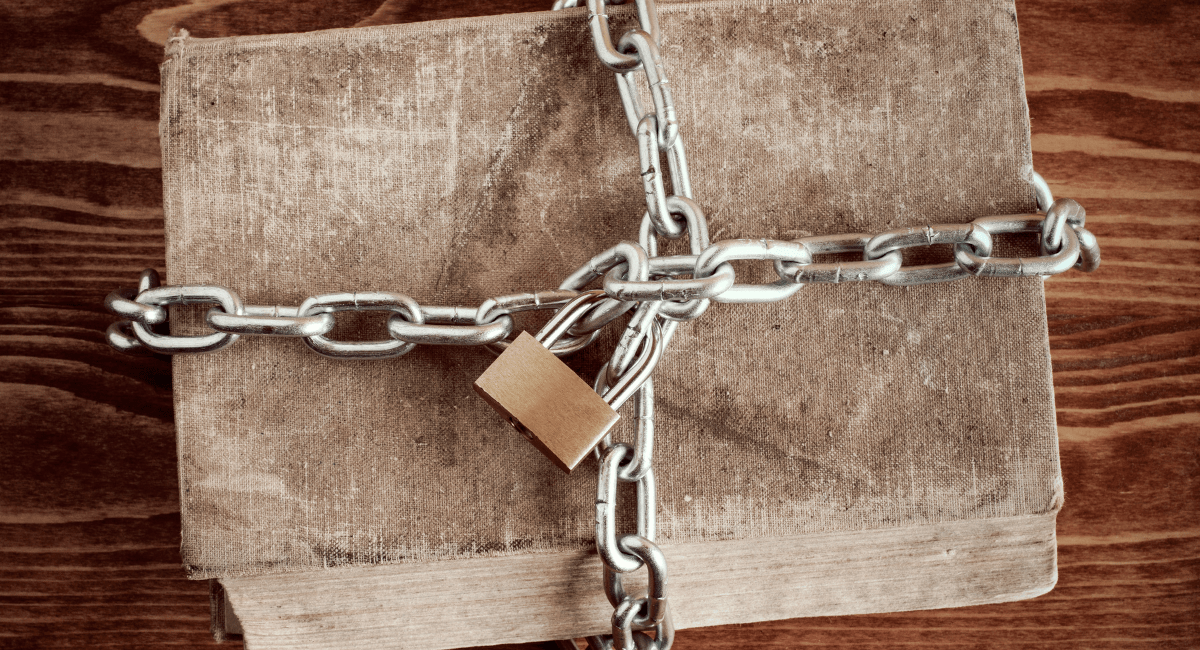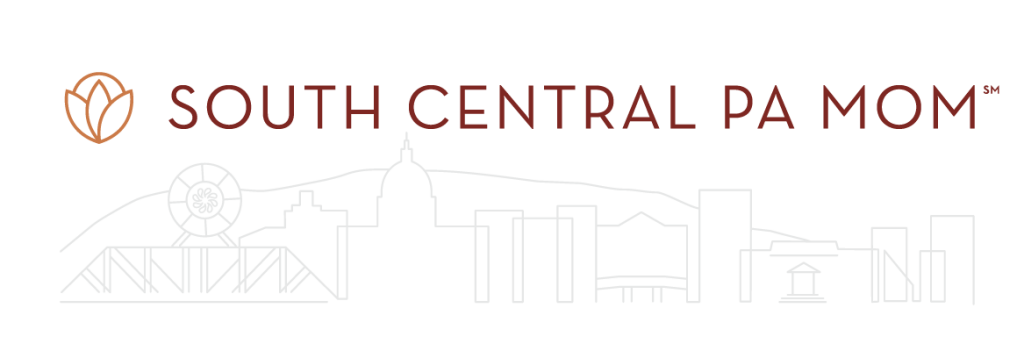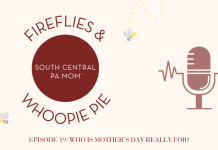
Book bans just sound scary; like Fahrenheit 451 (banned), they inspire images of roasting our individuality over embers of the power we no longer wield as people forced under unjust and hierarchical rule. Before I became a librarian, I didn’t really understand book bans or why the American Library Association (ALA) is seeing record numbers of challenges in recent years. I also didn’t understand what happened to a book when it was banned. How can we celebrate Banned Book Week when the books are supposed to be banned?
The ALA began tracking book ban information about 20 years ago. Within the past two years, book ban attempts have doubled. The ALA’s information shows that a majority of book challenges are on books authored by either BIPOC or LGBTQIA+ persons, and/or deal with subjects pertaining to the experiences of these communities.
Books don’t stop being published because there have been challenges to them. Maybe individuals are burning banned books, but there is not a systematic destruction of these books in place by the government, as of yet*. Rather, there is a loud and annoying minority that is making a concentrated effort to spread fear, hate, and control the thinking of other people.
READ: Library Card Sign Up Month: Reap the Benefits of Local Libraries
By challenging books focusing on BIPOC or LGBTQIA+ persons, the loud and annoying minority is sending the message what is in these books and those who wrote them are wrong. They are espousing, as loudly and annoyingly as possible, that if you want to read these banned books, these abominations of inappropriate ideas and horrendous stories filled with volatile words of mayhem, then you are also wrong. And they may want to ban you too. That is why book bans are dangerous.
I am not BIPOC, so I cannot speak on that community’s experience or how lack of representation affected them over the years. I am queer, and I know how lack of representation affected me and how it can affect others in my community.
Recent studies have revealed that queer youth are more than 4x as likely to attempt suicide than their peers. The Trevor Project’s 2022 National Survey on LGBTQ Youth Mental Health estimates that at least 1.8 million queer youth seriously consider suicide every year and at least one attempts suicide every 45 seconds. I was one of those statistics.
There is a plethora of quality queer literature being written and printed for every age these days. There are picture books depicting trans or nonbinary children, such as Call Me Max (banned) or The Good Dream Dragon. There are YA books depicting autistic girls questioning who they are attracted to and why, exploring what consent means, and how to respect their own bodies, such as The Luis Ortega Survival Club. Milk and Honey (banned) touches on sexual assault and how to live with it, an issue that 1/3 of women must wrestle with at some point in our lives. How helpful could it be to someone who has experienced similar things to read about others coping with it, to maybe feel less alone, less wrong, less banned?
Authors are planting the idea that everyone is different, and that is part of what makes us incredible in the capable and brilliant minds of our future. My generation of once young wrong people, banned people, who were unhappy with the representation we grew up with are working hard to create the content we wish we’d had and to ensure our future is confident in the glorious beings we all are, including themselves.
But a loud and annoying minority is trying to take that away.
There’s no other way to say it, other than that book bans are censorship. There is no non-racist or non-homophobic argument for removing a book from any community, whether it be the small community of a middle school library or a larger community of an entire township’s public library. The reasons for book bans are fear, hate, and a desire to control other people.
We all deserve to be proud of ourselves and see our likenesses represented as valid and valued members of our society. To encourage acceptance, celebrate banned book week by reading a banned book. Discuss the book you read and the ideas in it with anyone willing to listen. The way to keep the wrong and banned labels off our books and, subsequently, our people is to keep reading, keep thinking, and keep talking about it.
*At least not that I know of.
Let Freedom Read: 2023 October 1-7 Banned Book Week




